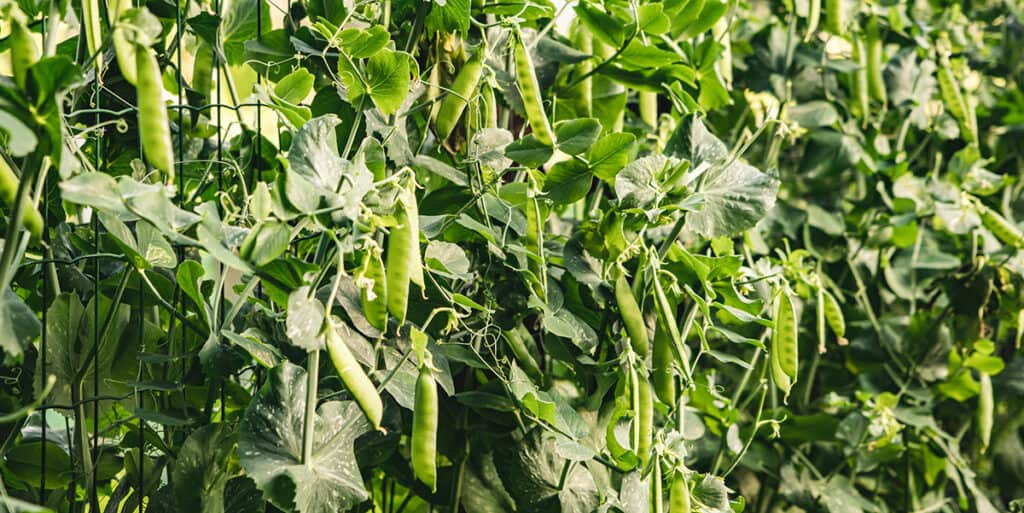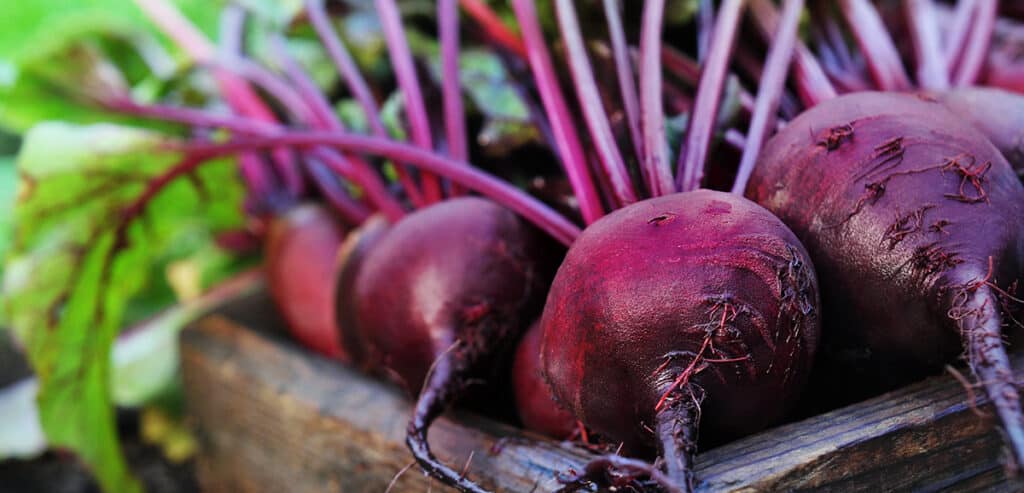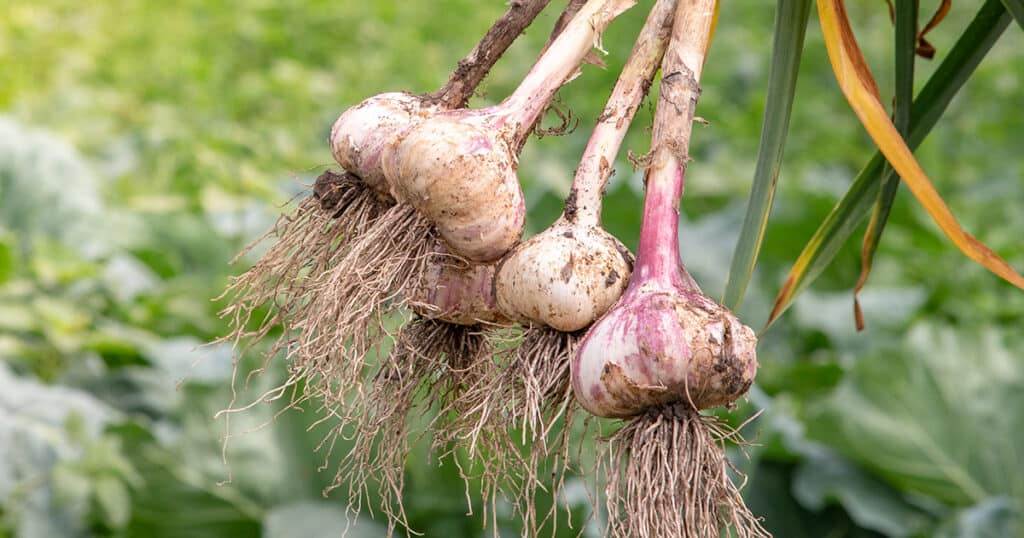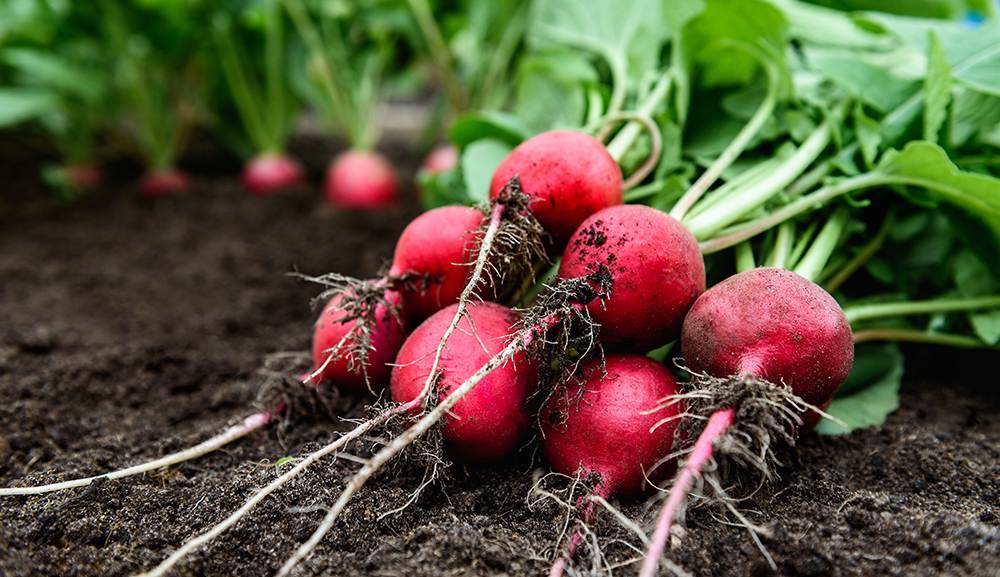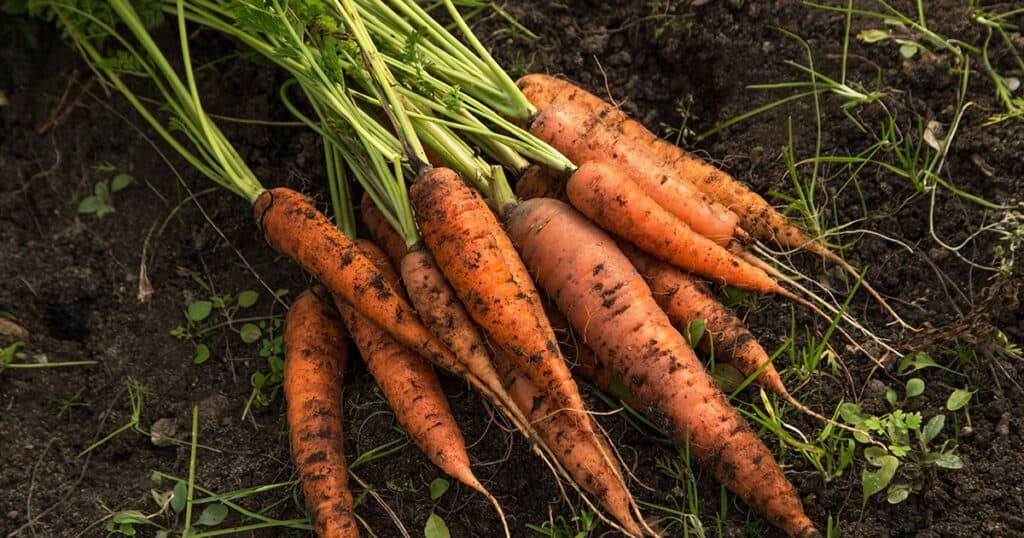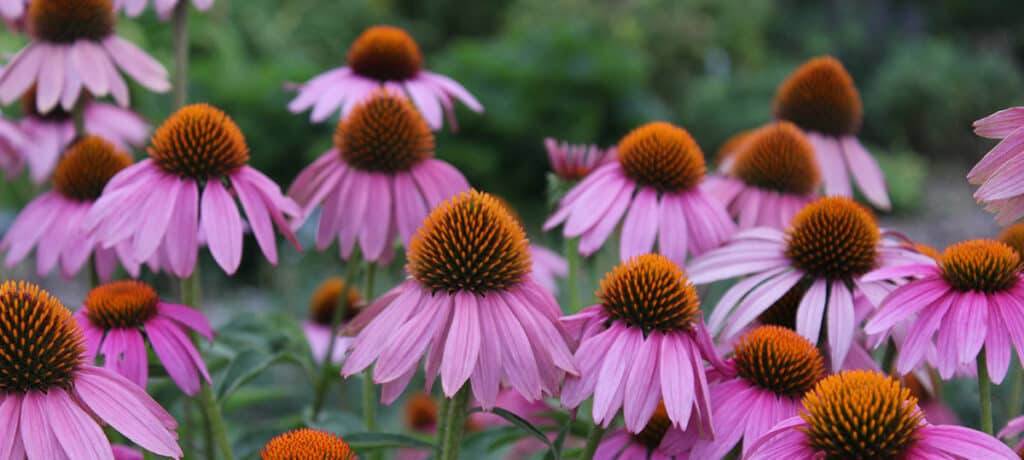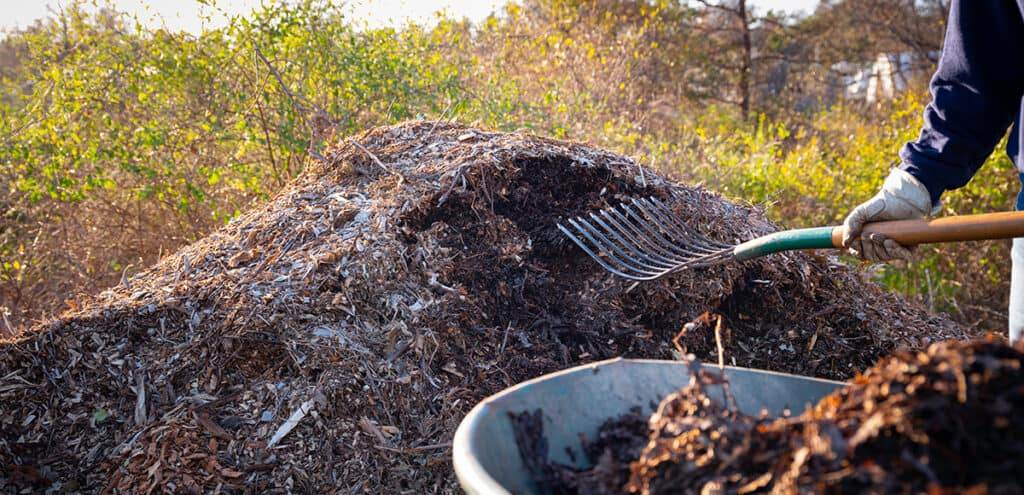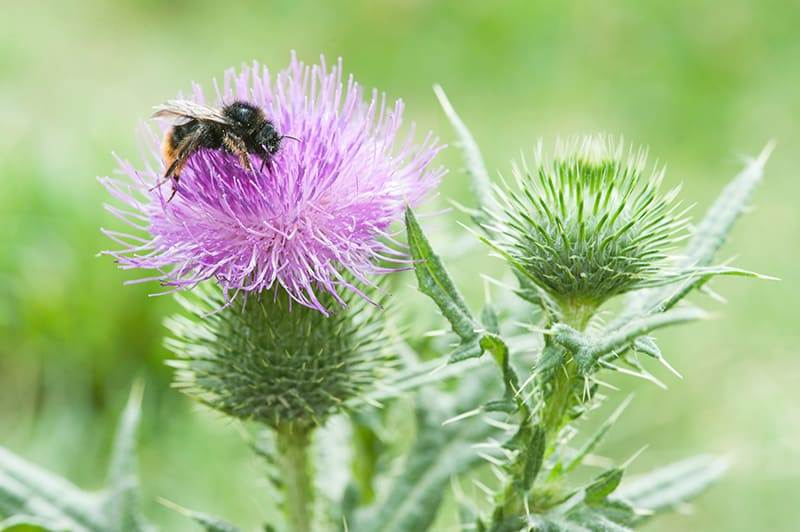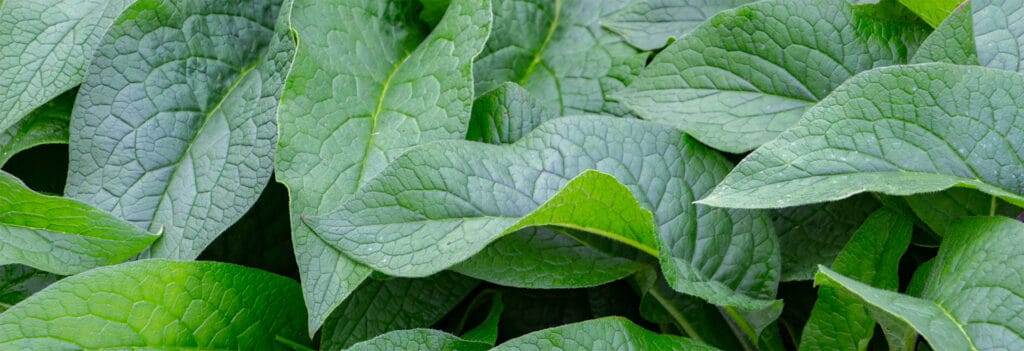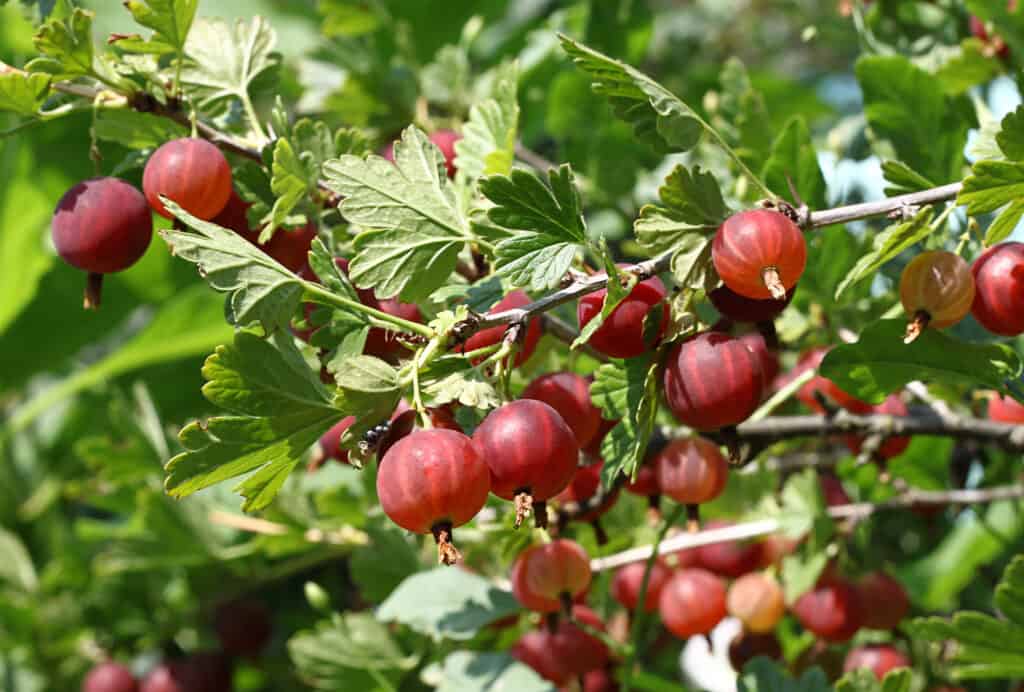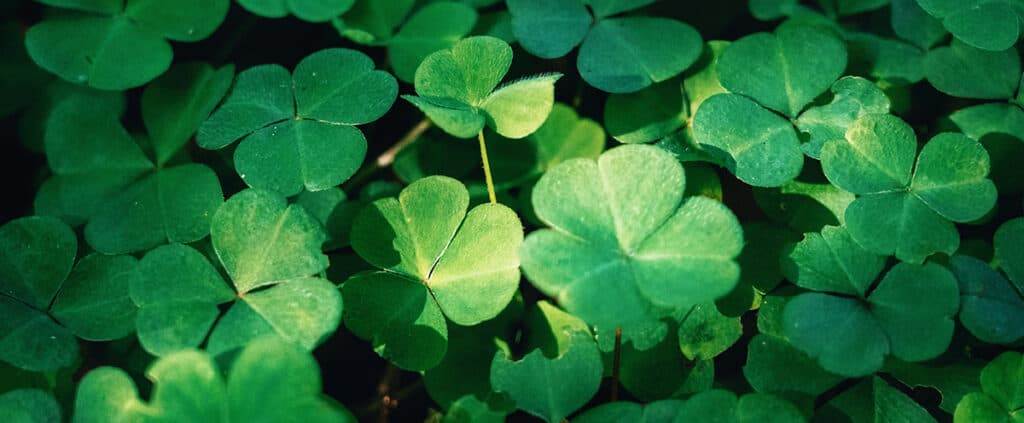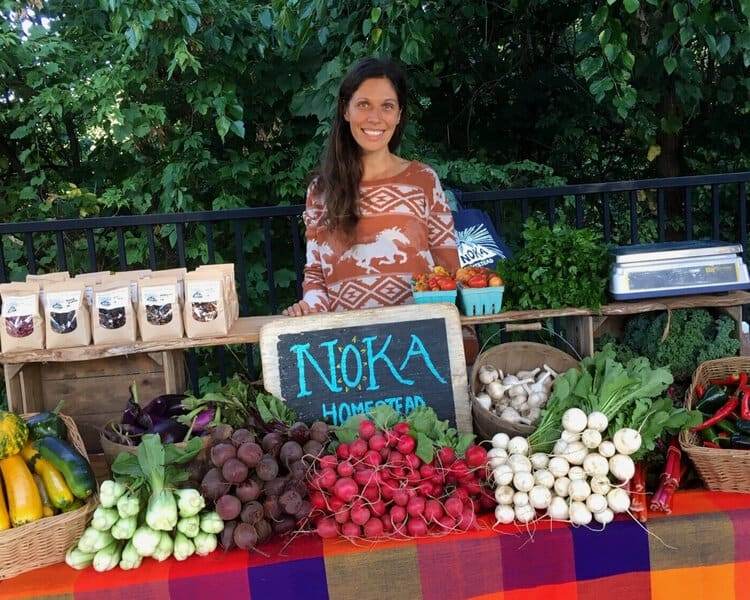
Noelle Dronen
Holistic Farmer
Our farm garden is built on sandy soil and framed by trees - mostly conifers, though there is an Old Growth "Mama Oak" in the woods, a scattering of fruit trees, and some Maples who have been very generously sharing their sap with us over the last few winters. We get lots of visits from wild turkeys, hummingbirds, and, for better or worse, woodchucks and rabbits.
Using a combination of mulches, composted manure, foliar sprays, cover crops, and minimal tillage, we have already come a long way in building up the health, vitality, and organic matter of our soil. Though not certified Organic, we abide by the organic standards, use no synthetic chemicals, and do our best to get what inputs we need (seeds, manure, soil mixes) from sources we trust. We're excited to continue learning and experimenting - this is a lifelong pursuit - and draw our techniques and our ethics from a number of farmers, philosophers, and personal mentors we admire. We're quite happy to talk to people about our approach; we geek out on it, in fact!
Inspired to live simply (and playfully) and share our abundance, we've been making a livelihood at this place we call NOKA for 7 years now. 2022 marks the sixth year of our CSA here. Farmer Noelle has been farming for over 12 years, splitting that time between Washington and Michigan, and picking up knowledge and skills from several farms, ranging from a small-scale biointensive operation to a 40 acre CSA with over 300 members. The NOKA CSA is a great opportunity to blend those experiences - the practices, the efficiencies, the values - into an approach that fits well with our land and our lives.
We continue to cultivate our skills in farming, carpentry, food preservation, beekeeping, herbalism, and wildcrafting. We also enjoy running, playing music, writing, and eating our weight in popcorn.
Areas of Expertise
Peppers
From dense blocky bells to the tapered bull’s horn varieties, from padrons to shishitos, from candy-sweet to sweat-inducingly spicy, the…Sweet Pea
Crisp, sweet, and especially delicious when homegrown, peas are an excellent addition to the garden. Not only do the plants…Beets
“The beet is the most intense of vegetables. The radish, admittedly, is more feverish, but the fire of the radish…Garlic
The act of planting garlic is a hopeful one, a commitment to a seed, a piece of ground, and the…Radish
Each Spring, radishes deliver us from the land of salad greenery (spinach, arugula, lettuce, kale, etc) into the wide world…Carrot
Is there a more universally appreciated vegetable? I can’t think of one! The carrots we eat today are domesticated versions…Echinacea
Echinacea is a captivating perennial wildflower that has made a name for itself in nurseries and home gardens alike. This…Guide to Using Mulch for the Vegetable Garden
What is Mulch? Mulch is any material used to cover the ground in a garden, farm, or landscaping scenario. These…Burdock
Every April, when we’re tired of eating butternut squash and potatoes and are really craving fresh food, my family makes…Comfrey
Plants want to live. I find comfort in this idea a lot. When I’m certain I’ve killed something in the…Gooseberry
The Gooseberry is another example of an edible plant that makes one wonder, Who was the first person who decided…Clover
With its iconic three-leaf shape and attractive globe flowers, Clover is an easily recognizable plant growing wildly in meadows, fields,…Elderberry
An Introduction to One of The World's Most Popular Natural Remedies: The Elderberry From its sprawling habit to its bright…

